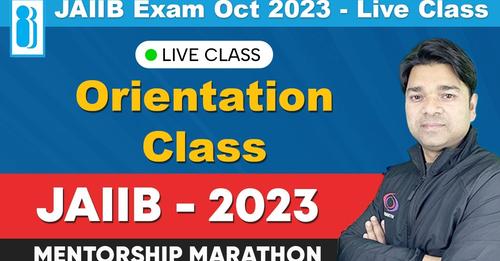Sound management and representation are critical to maintaining a successful sporting career as a professional athlete. With more athletes facing complex challenges such as marketing strategies, financial planning, legal issues, endorsement deals and loyalty commitments – all of which can dramatically shape an athletic future – having an experienced team of people involved who understand the competitive field that sports reside in, is essential to succeeding in this industry.
This blog post will take you through what it takes for a successful athlete management business model and explore some of its standard practices alongside exclusive tips from Sports Management professionals on how they have gained success within the sector.
What is athlete management, and why is it essential in sports today
Athlete management is the art of handling the careers of top athletes. It encompasses everything from negotiating contracts to overseeing daily training regimens. In today’s highly competitive sports world, the importance of athlete management cannot be overstated. That’s why an online course for aspiring sports agents has become increasingly popular.
The course teaches students to navigate the ever-changing landscape of athlete management and equips them with the skills necessary to succeed in the industry. By learning the ins and outs of athlete management, students can help their clients maximise their potential on and off the field. With the help of a great sports agent, athletes can concentrate on their performance with the knowledge that their career is being managed expertly.
Understanding the different roles that athlete managers play in an athlete’s career
Athlete managers are the unsung heroes behind many successful sports careers. While athletes train tirelessly to perfect their craft, managers work behind the scenes to handle various tasks that allow athletes to maximise their potential. Athlete managers are jacks of all trades, from negotiating contracts to arranging transportation and accommodations.
They are responsible for building and maintaining relationships with sponsors, agents, coaches, and other industry professionals to ensure their clients are well cared for. Most importantly, managers act as confidants and advisors for athletes during their careers’ highs and lows. In short, athlete managers are essential members of an athlete’s support system, and their expertise and dedication can often make the difference between a promising career and a great one.
Exploring the areas of expertise that athletes managers need for success
Being an athlete manager is a challenging job. It requires a passion for sports and skills that can make or break an athlete’s career. Understanding the intricacies of the sports world and having a deep knowledge of marketing, finance, and communication are just a few of the areas of expertise needed for success.
An athlete manager must also be strategic and be able to make quick decisions on behalf of their clients. Having excellent interpersonal skills is essential to build relationships with athletes, coaches, and sponsors and maintain their trust in the long run. Ultimately, to excel in this competitive field, the athlete manager must be able to adapt to change and have a keen eye for talent. With so much at stake, a well-rounded athlete manager can make all the difference in reaching the pinnacle of success in sports.
Resolving conflicts between players, coaches, and teams
Conflicts are an inevitable part of any relationship, no matter how strong. The landscape of sports is no exception. Sports can often be breeding grounds for explosive situations where player, coach, and team conflicts arise. The key to successfully resolving conflicts in sports is acknowledging that everyone involved has different needs, opinions, and goals.
This means that a swift resolution must rely on more than imposing authority. To navigate these situations aptly, the individuals involved should share a deep understanding of each other’s perspectives and work together towards a solution that benefits everyone. Conflict resolution builds stronger relationships, cultivates trust, and deepens mutual respect.
Promoting the athletes through marketing and PR strategies
In today’s competitive world, promoting athletes is crucial to any sports organisation’s success. To achieve that, marketing and PR strategies play a significant role. Athletes are the ones who represent their organisations and inspire millions of people worldwide with their dedication and hard work.
Through effective marketing and PR campaigns, organisations can create a strong brand image and connect with their audience on a deeper level. Athletes can also use social media platforms to engage with their fans, showcase their talent, and build their brand. Strategic partnerships with sponsors can help athletes gain more exposure and attract lucrative endorsement deals. Organisations can cultivate a loyal fan base by promoting athletes, increasing revenue, and achieving long-term success.
The legal complexities of managing athletes in professional leagues
Managing professional athletes in leagues comes with an array of legal complications. There are extensive contracts to be negotiated and signed, salaries to be worked out, and numerous regulations to be followed. Additionally, there are laws surrounding injury and disability which demand the utmost attention from teams, players, and their representatives.
With ever-evolving labour laws, athletes and sports team representatives must stay up-to-date with the legal landscape to avoid potential complications. Navigating the legal complexities of managing professional athletes can be a tremendous challenge. Still, it is integral to ensuring that athletes can perform to the best of their abilities while providing essential protections for all involved parties.

Conclusion
Athlete management is crucial in today’s sports world. A manager can provide negotiations, sponsorships, legal issues, and more expertise. They design workout plans and game strategies and establish a network within the league. With proper support, athletes can do these tasks.
















